ASEAN governments urged to fasten energy transition
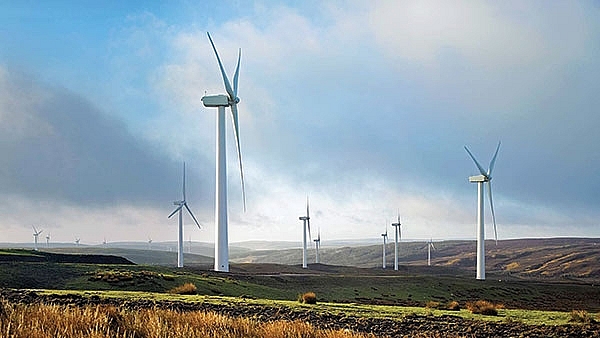 |
| Investing in renewable energy sources, particularly wind power, is key to address Vietnam’s growing electricity demand and ensure the nation’s green growth strategy |
The EU-ASEAN Business Council (EU-ABC) on August 24 published the report Powering ASEAN’s Energy Transition in support of Brunei’s Priority Economic Deliverables. The EU-ABC, which represents the interests of the European business community across Southeast Asia, notes in its report that ASEAN’s energy demands continue to increase, but also that the region remains heavily dependent on highly polluting fossil fuels, with around 80 per cent of its current energy mix coming from such sources.
With rising concerns about climate change impacts, particularly given the vulnerability of Southeast Asia to natural catastrophes, and the recent report by the Intergovernmental Panel on Climate Change highlighting the alarming rise in global temperatures, there is a need for ASEAN to address its over-reliance on fossil fuels, particularly coal, for its energy needs.
Donald Kanak, chairman of the EU-ABC and Prudential Insurance Growth Markets said, “This month, the Intergovernmental Panel on Climate Change released its sixth assessment report dubbed “'code red for humanity” because of the urgent and decisive action needed to decarbonise to avoid a climate catastrophe.
The EU-ABC believes that progress requires a mix of policies, finance, and technology, with special assistance for developing countries. That means coming up with new practical, scalable solutions (such as derisking instruments) that can accelerate the energy transition, phase out fossil fuel subsidies, and provide a just transition for affected workers and communities.”
Kanak added, “One such solution that could potentially support ASEAN is an energy transition mechanism (ETM) – a way to combine public and private finance to accelerate the retirement of coal-fired power plants and significantly increase investment in renewables. The EU-ABC, with its members and other key stakeholders is supportive of the work led by the Asian Development Bank to explore the feasibility of ETMs in several countries in ASEAN.”
According to Chris Humphrey, executive director of the EU- ABC, tackling climate change in a just and affordable way should be the absolute number one priority for all. And driving energy transition forward should be at the top of the agenda for all governments in the region.
“As ASEAN continues to develop economically, demand for power will increase, but we need to make sure that that increased demand is met from less polluting sources, and that producers and manufacturers can continue to grow but do so using greener sources for their power needs. This will require shifts in policy thinking to adopt policies and processes that promote the transition away from high carbon emitting solution to lower carbon ones, and ultimately renewable energy solutions,” he said.
Amongst other things, the EU-ABC calls for the development of an ASEAN-wide green finance taxonomy and enhanced derisking instruments to aid the development of sustainable finance mechanisms in the region, which could be used to help finance energy transition solutions.
It also calls for the phasing out of fossil fuel subsidies across the region with those funds redirected to support energy transition, as well enhanced involvement of the private sector in dealing with infrastructural issues that presently act as an inhibitor to energy transition.
The EU-ABC’s membership consists of large European multinational corporations and the nine European Chambers of Commerce from around Southeast Asia. The EU-ABC represents a diverse range of European industries cutting across almost every commercial sphere, from car manufacturing through financial services and fast-moving consumer goods to high-end electronics and communication. The members all have a common interest in enhancing trade, commerce, and investment between Europe and ASEAN.
What the stars mean:
★ Poor ★ ★ Promising ★★★ Good ★★★★ Very good ★★★★★ Exceptional
Related Contents
Latest News
More News
- Bac Ai Pumped Storage Hydropower Plant to enter peak construction phase (January 27, 2026 | 08:00)
- ASEAN could scale up sustainable aviation fuel by 2050 (January 24, 2026 | 10:19)
- 64,000 hectares of sea allocated for offshore wind surveys (January 22, 2026 | 20:23)
- EVN secures financing for Quang Trach II LNG power plant (January 17, 2026 | 15:55)
- PC1 teams up with DENZAI on regional wind projects (January 16, 2026 | 21:18)
- Innovation and ESG practices drive green transition in the digital era (January 16, 2026 | 16:51)
- Bac Ai hydropower works stay on track despite holiday period (January 16, 2026 | 16:19)
- Fugro extends MoU with PTSC G&S to support offshore wind growth (January 14, 2026 | 15:59)
- Pacifico Energy starts commercial operations at Sunpro Wind Farm in Mekong Delta (January 12, 2026 | 14:01)
- Honda launches electric two-wheeler, expands charging infrastructure (January 12, 2026 | 14:00)

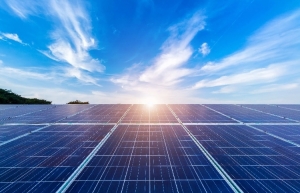
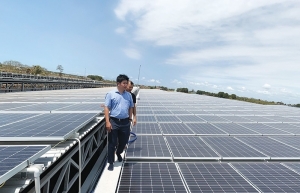
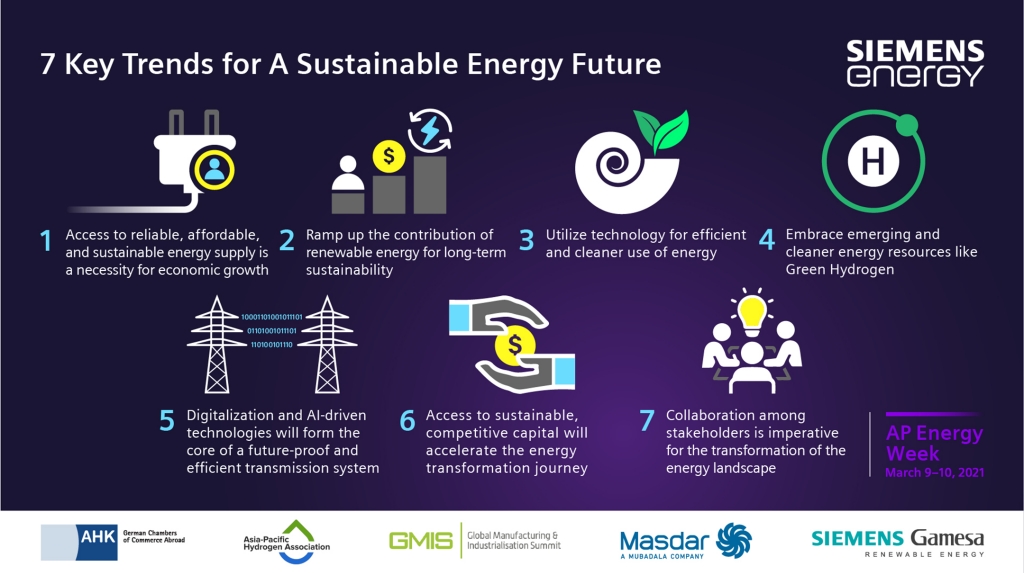
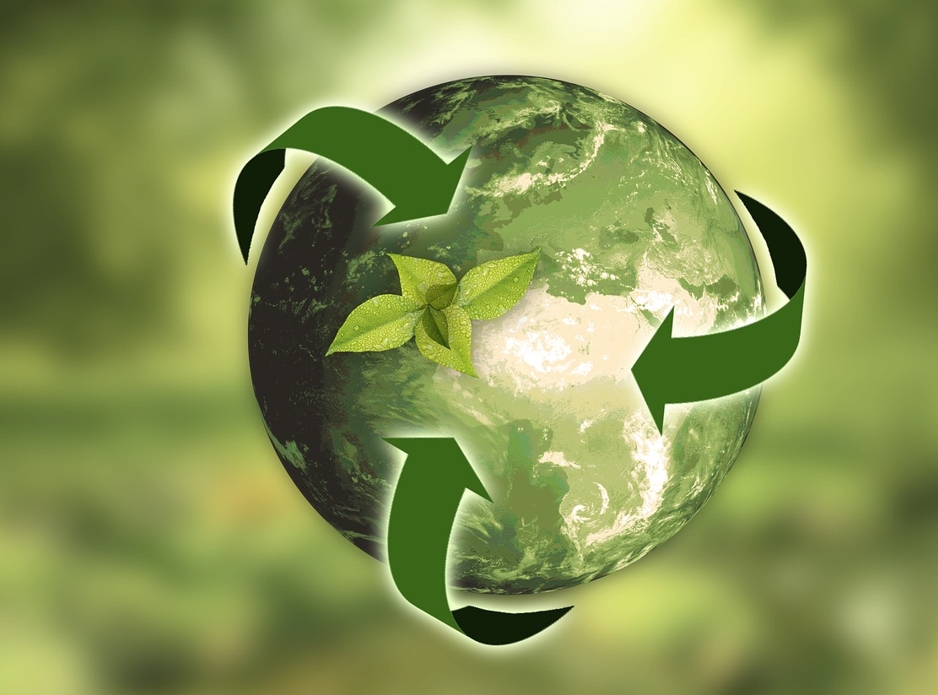
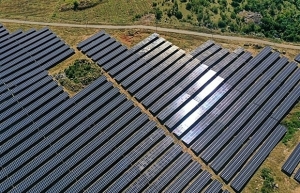
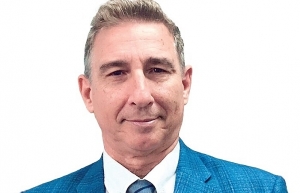
 Tag:
Tag:
























 Mobile Version
Mobile Version